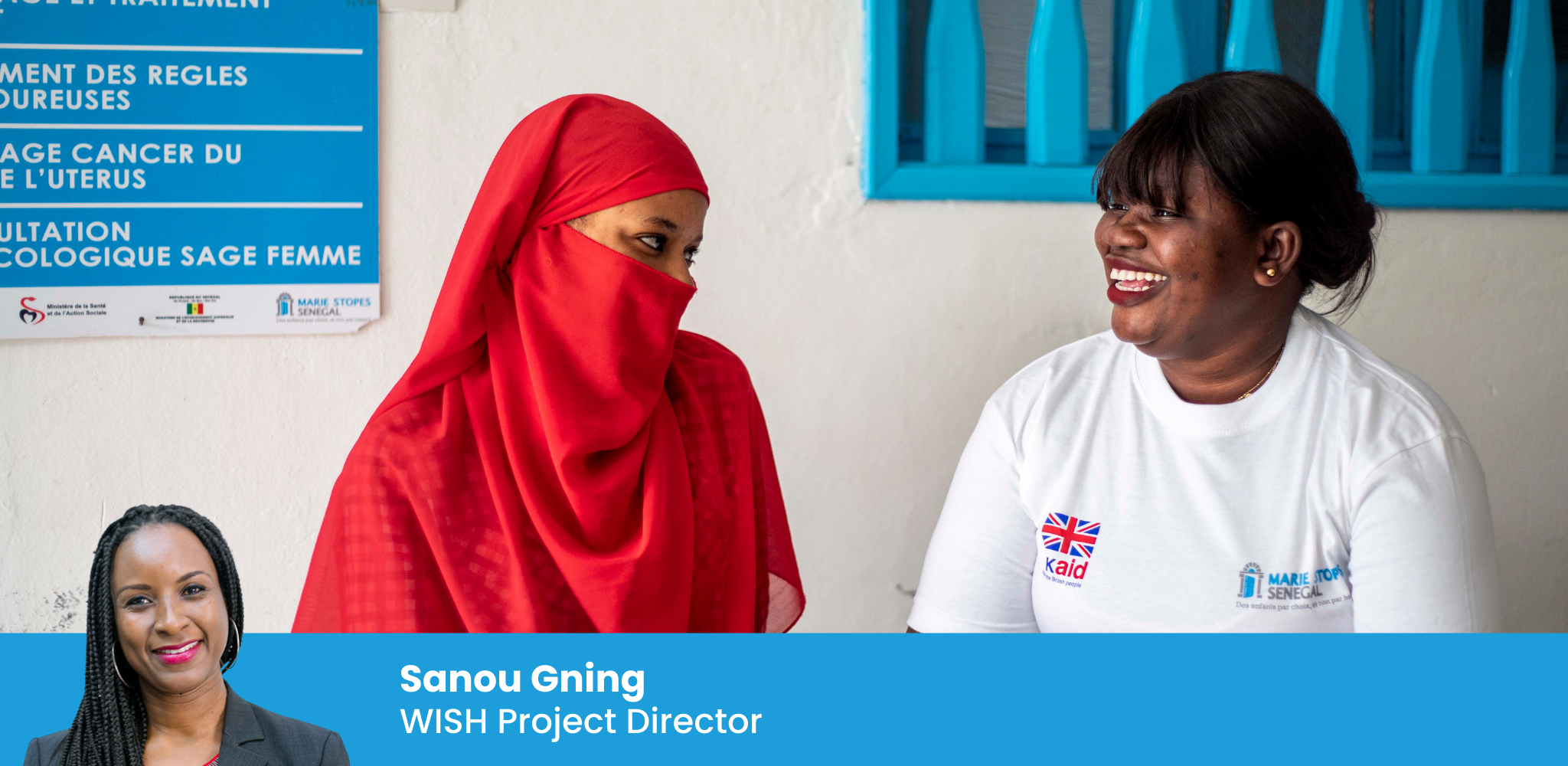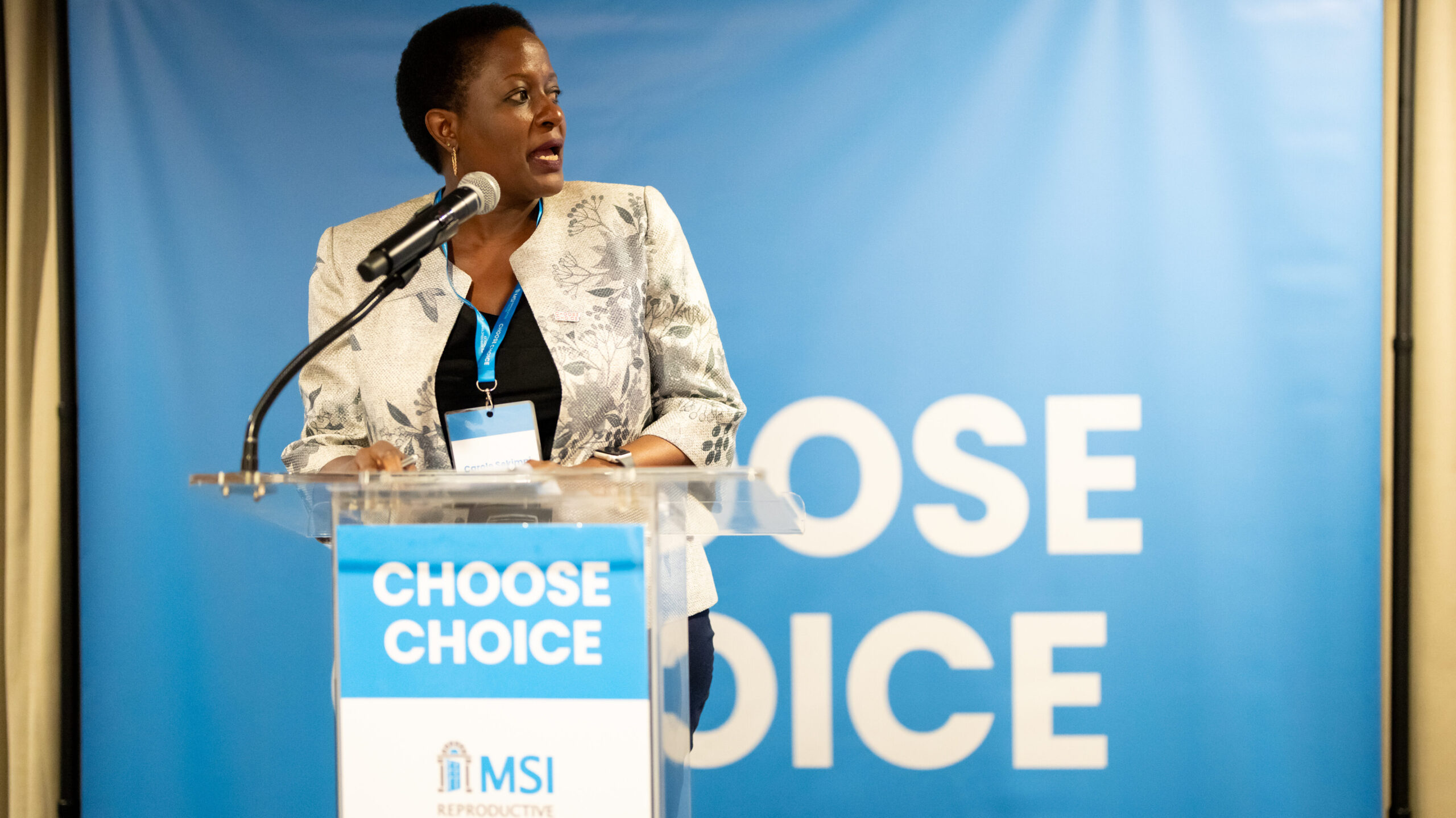In 1984, President Regan implemented the first Mexico City Policy, often referred to as the Global Gag Rule (GGR), and this policy has been reinstated by every Republican President since. The GGR states that all non-US NGOs receiving U.S. global health funding for family planning must stop delivering, providing information on, referring to, or advocating for abortion care. In 2017, the Trump administration expanded the GGR to apply to all recipients and sub-recipients of U.S. global health assistance, including for programmes addressing sanitation and HIV/AIDS. For many organisations, this has led to a choice between providing lifesaving services and the NGO’s survival.
American citizens are told that the GGR prevents their taxes from being spent on abortion, however this is already prohibited under the 1973 Helms Amendment. By excluding reproductive healthcare organisations from U.S. funding, and preventing referrals to safe abortion providers, data shows that the GGR leads to higher rates of unintended pregnancies, unsafe abortions and maternal deaths.
In this briefing, we have collated the evidence on how the U.S. policy has affected policy, partnerships, provision and access across MSI’s programmes, including in Madagascar, Uganda and Nepal. What’s clear is that while the future of the GGR is uncertain, the policies and rhetoric of this administration continue to impact women globally.








